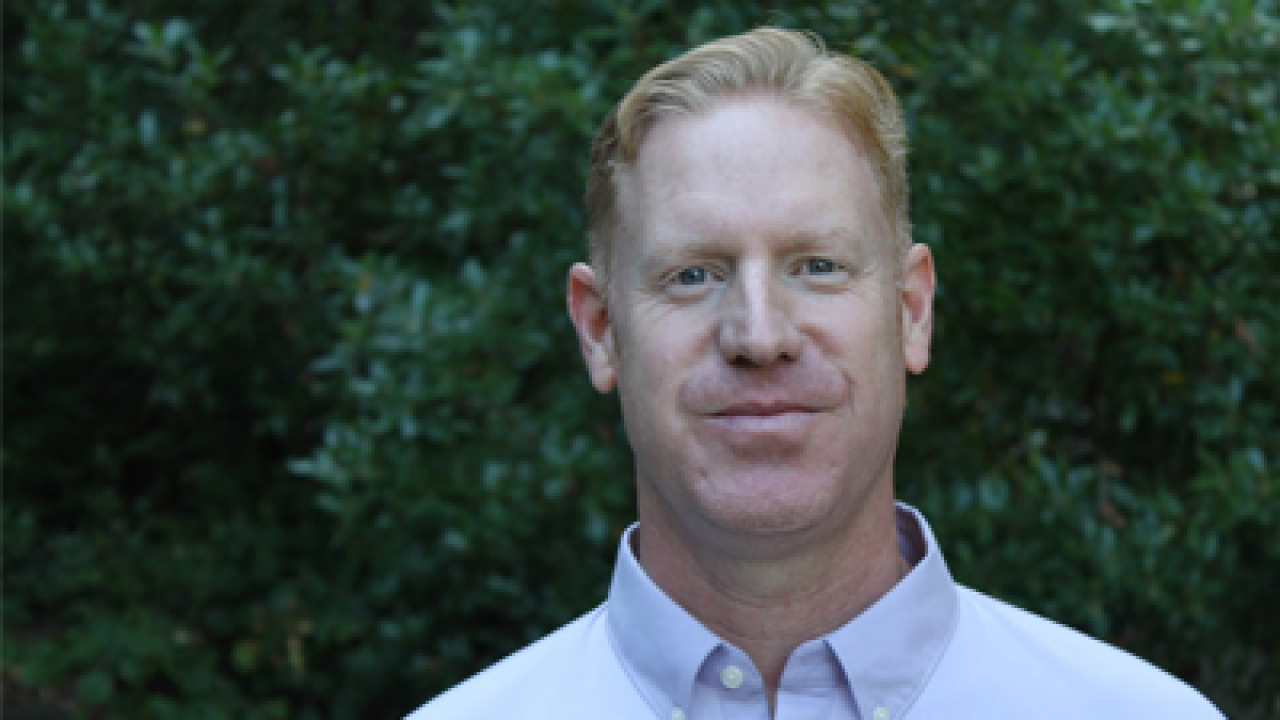September 04, 2019
Research in Progress: Energizing communities within a larger environmental activism

By Derek Moscato, Western Washington University
Given the sheer number of climate-related weather events recently, it is surprising that environmental topics, including the climate crisis, do not receive more attention in national public forums.
Take, for example, the Democratic Party presidential debates earlier this summer. As noted by Inside Climate News, over the course of two evenings, the climate discussion received less than 15 of 240 minutes of debate.
This speaks to a larger problem in national political life. In terms of the environment, there is a disconcerting chasm between how individuals are being impacted on the ground and the amount of time these issues are deliberated in the public sphere. This is a problem for constituencies who might find common political ground on issues of climate and ecology. One way of mitigating that disconnect—at least for environmentalists—is to look to communication opportunities beyond national media platforms or other traditional venues.
An overriding goal of my research is to assess the role of small, grassroots actions that can incrementally lead to big change in the environmental sphere. One way to understand communication efforts that energize and unite individuals and groups is the concept of micro-mobilizations. These are rhetorical appeals that engage audiences and push forward advocacy objectives.
Previous scholarship from the discipline of sociology has shown how advocacy organizations focused on areas like human rights and environmentalism used what are known as “collective action frames.” These frames help groups to make sense of the issues they are immersed in, but also allow them to place them in a larger context. They represent a shared understanding of a challenging situation, an articulation of a new action, or a call to action for interested parties.
Over the past decade, scholars of advocacy, public relations and public interest communication have turned their attention to the strategic communication capabilities of social issues activists and advocates.
Building on this, I am interested in the processes that amplify such frames through incremental public engagements; and how these micro-mobilizations are used to align an organization’s goals and larger narrative. Research has shown that these strategies help align personal and collective identities and build broader public support. Rhetorically developed cultural or heritage narratives help individuals make sense of their organization and create an audience for subsequent appeals. They can provide a larger metanarrative—a global or totalizing cultural story—that helps both the activist collective and its audience make better sense of the world.
To better understand this phenomena of micro-mobilizations within environmental activism, I have turned to a well-known political saga: The Keystone XL Pipeline proposal. In 2010, oil and gas executives earmarked lands across the Great Plains for one of North America’s largest petroleum pipelines. In response, activists from an organization called Bold Nebraska challenged this encroaching petroleum infrastructure. With an unlikely coalition of environmentalists, indigenous groups, ranchers, and farmers they assembled a pipeline opposition dubbed the “Cowboy and Indian Alliance.”
The organization’s calls to action have been the driver of an emerging prairie narrative that reconceptualizes rural environmental politics—situating Nebraska’s cultural story at the heart of a years-long fight. To further understand these engagements within eco-activism, I will conduct extended interviews with organizers and on-the-ground activists, including farmers, ranchers, and representatives from the Ponca Tribe and other Indigenous nations in Nebraska.
The resulting data will offer insights into how advocates construct their environmental meta-narrative; and how underrepresented groups are able to use micro-mobilizations in civic discourse to shift the agendas of publics and policymakers.
For more information on this study, please email Moscato at moscatd@wwu.edu. Results from the study will be available next year. This project is supported by a Page/Johnson Legacy Scholar Grant from the Arthur W. Page Center
